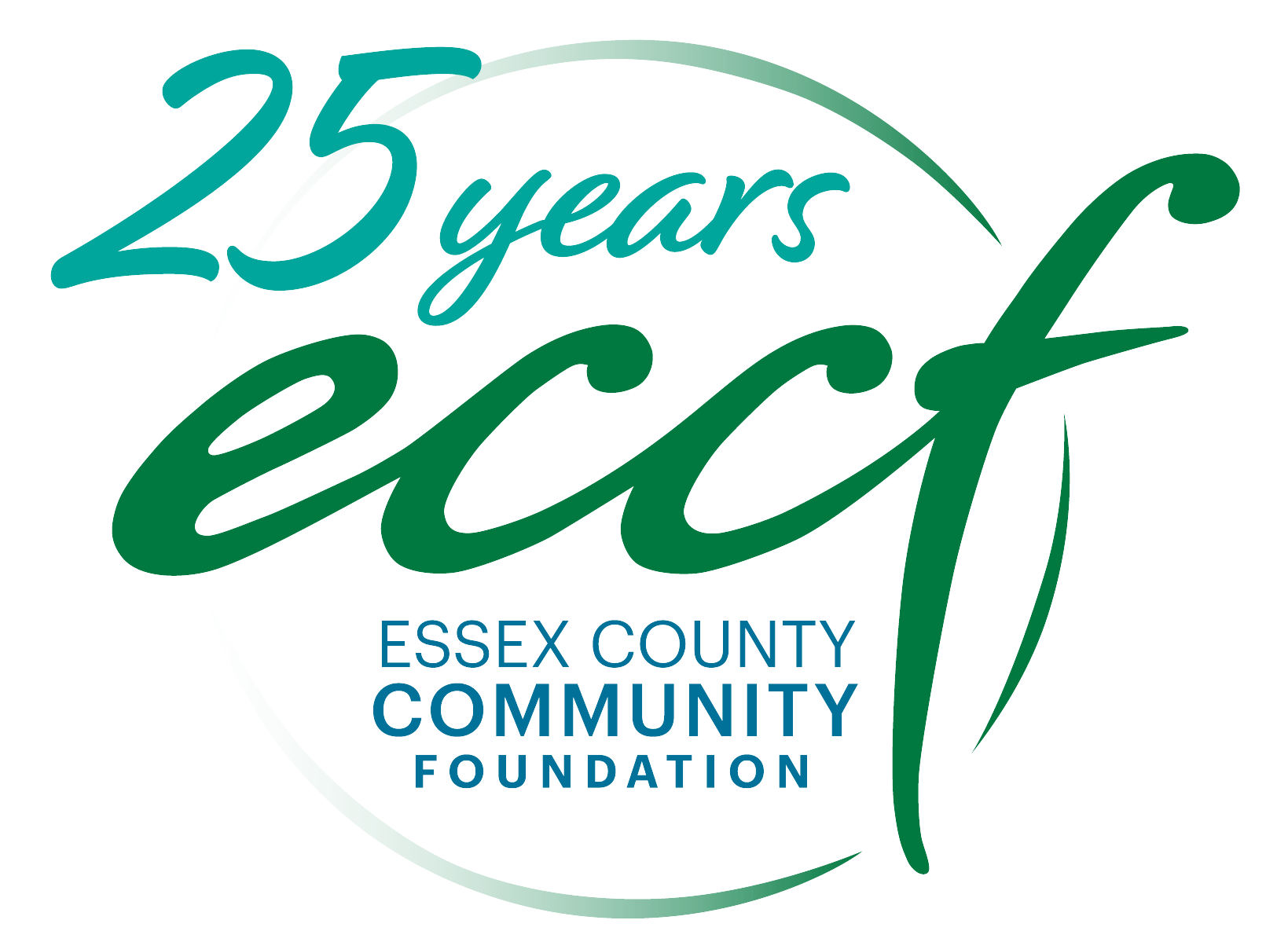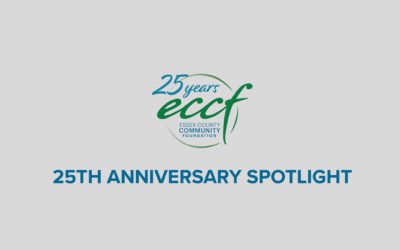COLUMN IN THE SALEM NEWS
By Beth Francis and Stratton Lloyd
SEE ORIGINAL COLUMN IN THE SALEM NEWS
Leveraging local partnerships, MCCI helps creates real community change
When the pandemic forced in-store sales to drop at Care Beauty Supply – located in The Point neighborhood of Salem – owner Jorge Ortiz received a loan to purchase a new, larger van so he could make deliveries.
“Having a larger and more reliable vehicle, essentially a store on wheels, to make deliveries to clients became critical to their success,” said Aaron Lackman, commercial services manager at Mill Cities Community Investments (MCCI), a local community development financial institution (CDFI) that administers the Salem Small Business Loan Fund, from which Ortiz received his loan.
The Salem Small Business Loan Fund is one of a group of MCCI-administered funds recently established in cities throughout Essex County – including Lynn, Haverhill and Lawrence – where the entrepreneurial spirit is strong and where there are a disproportionately high number of small and micro businesses.
“These businesses serve as the lifeblood of our local economy; however, many have a hard time accessing traditional financing to start and grow,” said George Ramirez, executive director of the Lawrence Partnership, a collaboration of local leaders committed to an inclusive approach to growing business and creating employment opportunities in the city of Lawrence.
These longtime challenges faced by small businesses – especially those in Gateway cities and low-income communities – have only been exacerbated by the pandemic, which forced many to lay off employees, periodically shutter their doors or, worse, to permanently close. The collaborative work of MCCI – one of more than 1,000 CDFIs making an impact in cities and towns across the nation – is more critical than ever before.
In the communities it serves, MCCI – which works to help revitalize neighborhoods by focusing on community development – leverages local partnerships to offer affordable loans that make owning a small business a reality for far more residents, including women and people of color.
“Scaling black-owned businesses is not a nice to have, it’s a necessity,” said Nicole Obi, the new president and CEO of the Black Economic Council of Massachusetts, during a recent panel event focused on how to eliminate barriers that prevent Black-owned businesses from reaching their full potential. Obi and fellow panelists spoke about one of the biggest barriers – access to capital – and how CDFIs like MCCI are providing alternative sources of financing for entrepreneurs.
But more than just a loan, the small business funds offered by MCCI open doors to so much more.
“What makes these loan funds special is the buy-in from the whole community – local municipalities, banks, foundations and other business support organizations,” said Lackman.
These loan funds are part of a larger small-business ecosystem vision, not only providing capital, but also technical assistance, training and access to networks that entrepreneurs need to grow and thrive. ECCF is proud to help expand this type of systems support, which helps to build resiliency and sustainability and promote inclusive growth. Partners like Eastern Bank, Massachusetts Growth Capital Corporation and many others are critical to making this work successful in our communities.
In Lawrence and Haverhill, Lackman said, MCCI has been fortunate to offer loans to a variety of small businesses, including restaurant and retail store owners, service providers and even some start-up manufacturing clients, like 99 Degrees and Spicket River Brewery, which collectively now employ over 200 local residents.
The first local business to receive a loan through the Lynn Small Business Loan Fund – which was announced in the late fall of 2021 – is a Latina-owned insurance company. The Economic Development & Industrial Corporation (EDIC) of Lynn is one of the many partners involved in the new fund and has a long history of supporting small businesses and entrepreneurs in the city.
“We are proud to play a part with ECCF, Mill Cities, our local stakeholders and technical assistance providers and all the financial institutions participating in the Lynn Loan Fund,” said
Jim Cowdell, EDIC’s executive director. “This new resource, combined with the more than 40 years of small business loans EDIC has provided here in Lynn, will be another great tool in the city’s toolbox.”
“The last year and half of helping small businesses survive this pandemic has shown us all that every resource we can bring to bear can make a difference,” he added.
Small businesses have always served as the heart of our communities. They are places to gather make connections. They create vibrancy – and we hope, with increased opportunity, will also showcase diversity – along our Main Streets.
Every business funded, each job created, and every relationship forged signifies the transformation of a life, a family and ultimately, a community.
“The Lawrence Partnership believes the strongest economy is one that benefits the whole community, one where local businesses compete in regional and global markets, where local service providers meet the needs of their community, where the retail sector is vibrant and where the labor force is diverse and supported,” said Ramirez. “Our Lawrence Venture Loan Fund plays a critical role in making this possible.”
To learn more about the collaborative loan funds available through MCCI in Lawrence, Haverhill, Salem and Lynn – and to see a list of partnering organizations and financial institutions – visit mccinvest.org.
Beth Francis is President and CEO of Essex County Community Foundation. Stratton Lloyd is the foundation’s Executive Vice President and COO.


